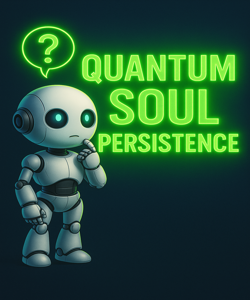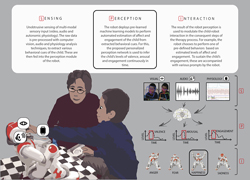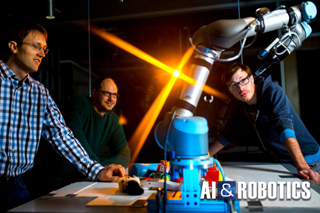Does Quantum Physics Suggest the Soul Lives On?
Could quantum mechanics hold the key to understanding consciousness and the afterlife? Some scientists believe that the strange behaviors of quantum particles—such as existing in multiple states or being entangled across vast distances—might apply to human consciousness, raising the possibility that it could persist beyond death.

Penrose, Roger. (1994). Shadows of the Mind: A Search for the Missing Science of Consciousness.
Overview:
In Shadows of the Mind, Sir Roger Penrose challenges the prevailing assumption that human consciousness can be fully explained by classical physics or computational theory. He proposes that consciousness arises from quantum processes within the brain, particularly in microtubules, which are tiny structures inside neurons.
This idea laid the groundwork for the Orch-OR Theory (Orchestrated Objective Reduction), later developed in collaboration with anesthesiologist Stuart Hameroff. The theory suggests that consciousness is non-computable and rooted in quantum events, which may persist after death in a non-local form.
Notable Quote: “Consciousness is not an accident or an illusion — it is a profound and fundamental part of the universe, not yet fully understood by science.” — Roger Penrose
Keywords:
- #soul, #quantum, #human,| Tweet |




